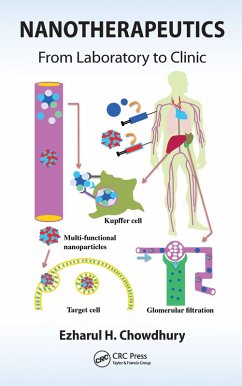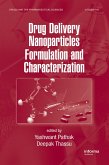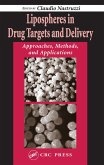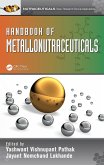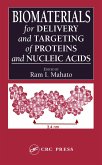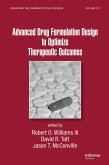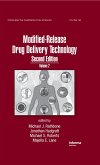This book comprehensively discusses the current shortcomings for delivery of classical (small) drugs, macromolecular therapeutics, and recombinant vaccine via the common intravascular and extravascular routes. It describes the synthetic/chemical engineering methods as well as recombinant, hybridoma, and phage display technologies to fabricate different types of nanoparticulate carriers and drugs. It also reveals the diversified approaches undertaken by harnessing nanotechnology to overcome the multistep extracellular and intracellular barriers and to facilitate the development of novel strategies for therapeutic delivery and imaging.
Dieser Download kann aus rechtlichen Gründen nur mit Rechnungsadresse in A, B, BG, CY, CZ, D, DK, EW, E, FIN, F, GR, HR, H, IRL, I, LT, L, LR, M, NL, PL, P, R, S, SLO, SK ausgeliefert werden.

